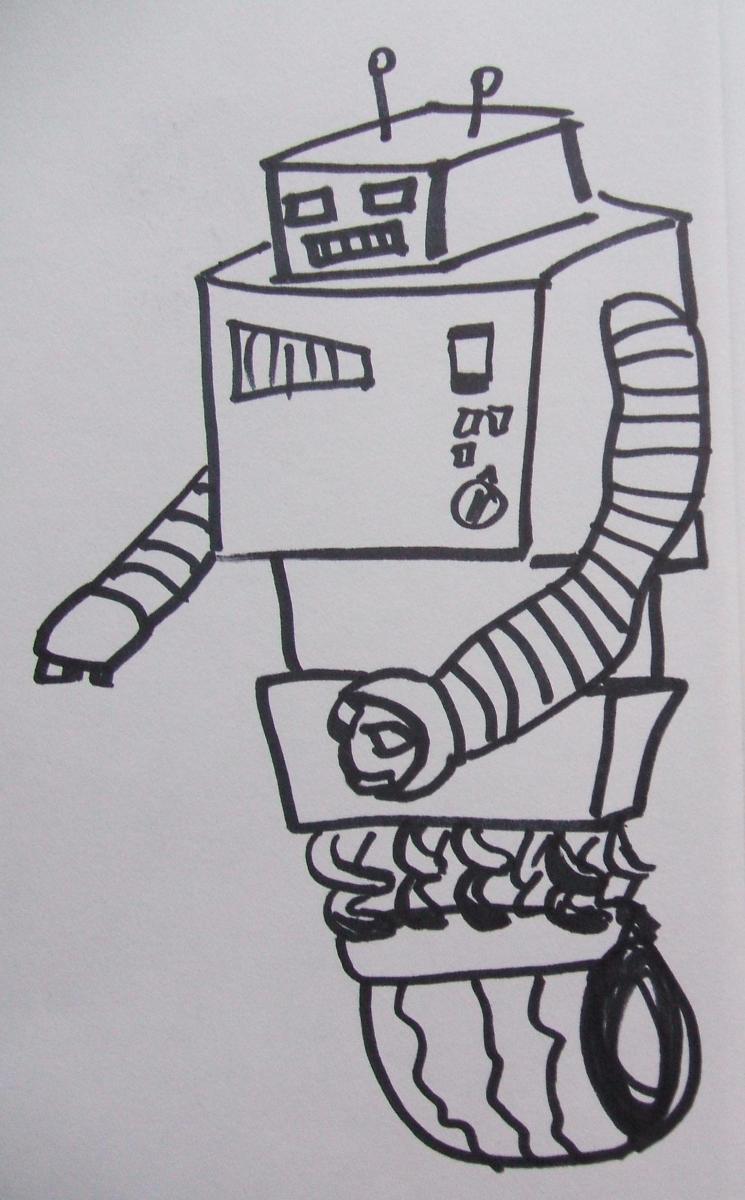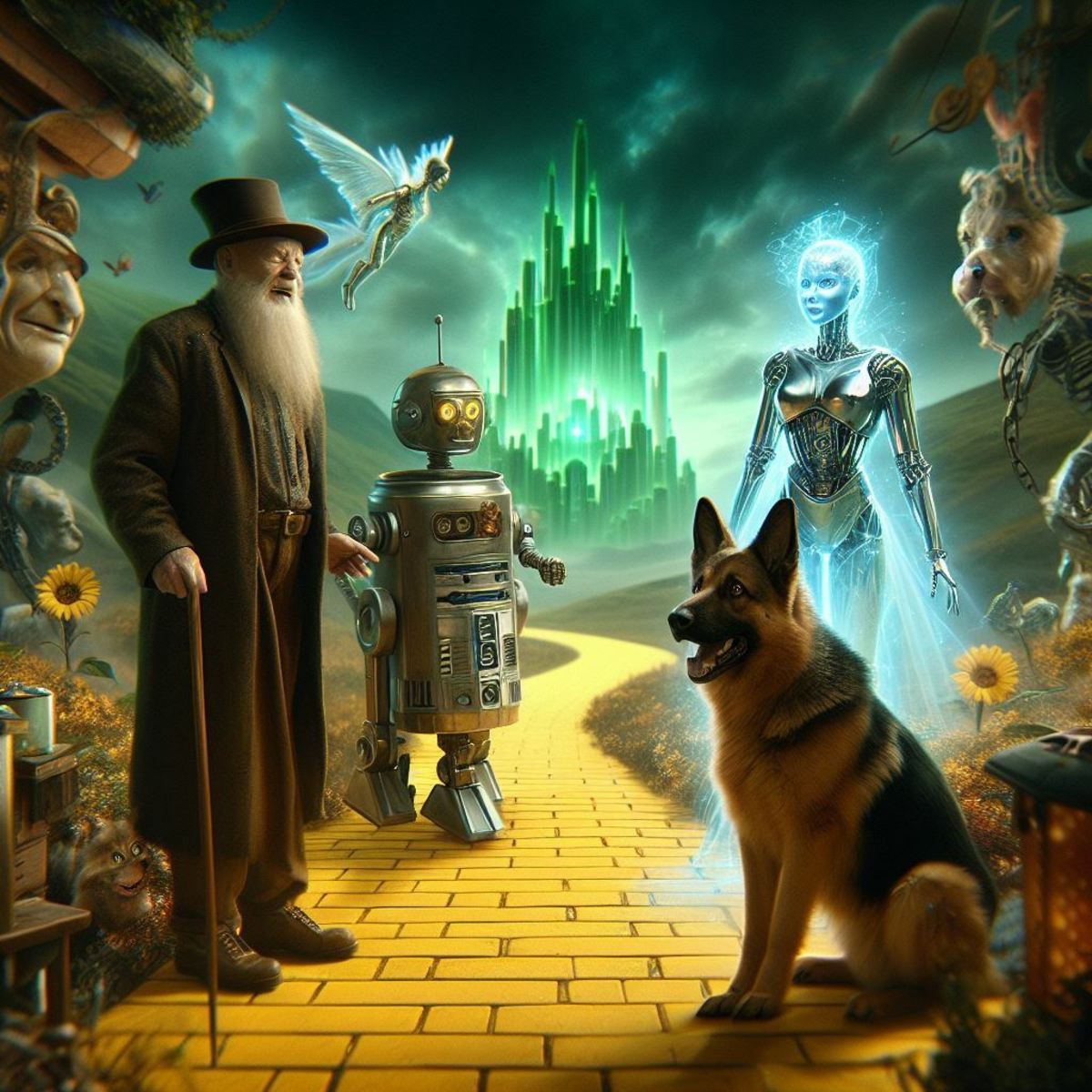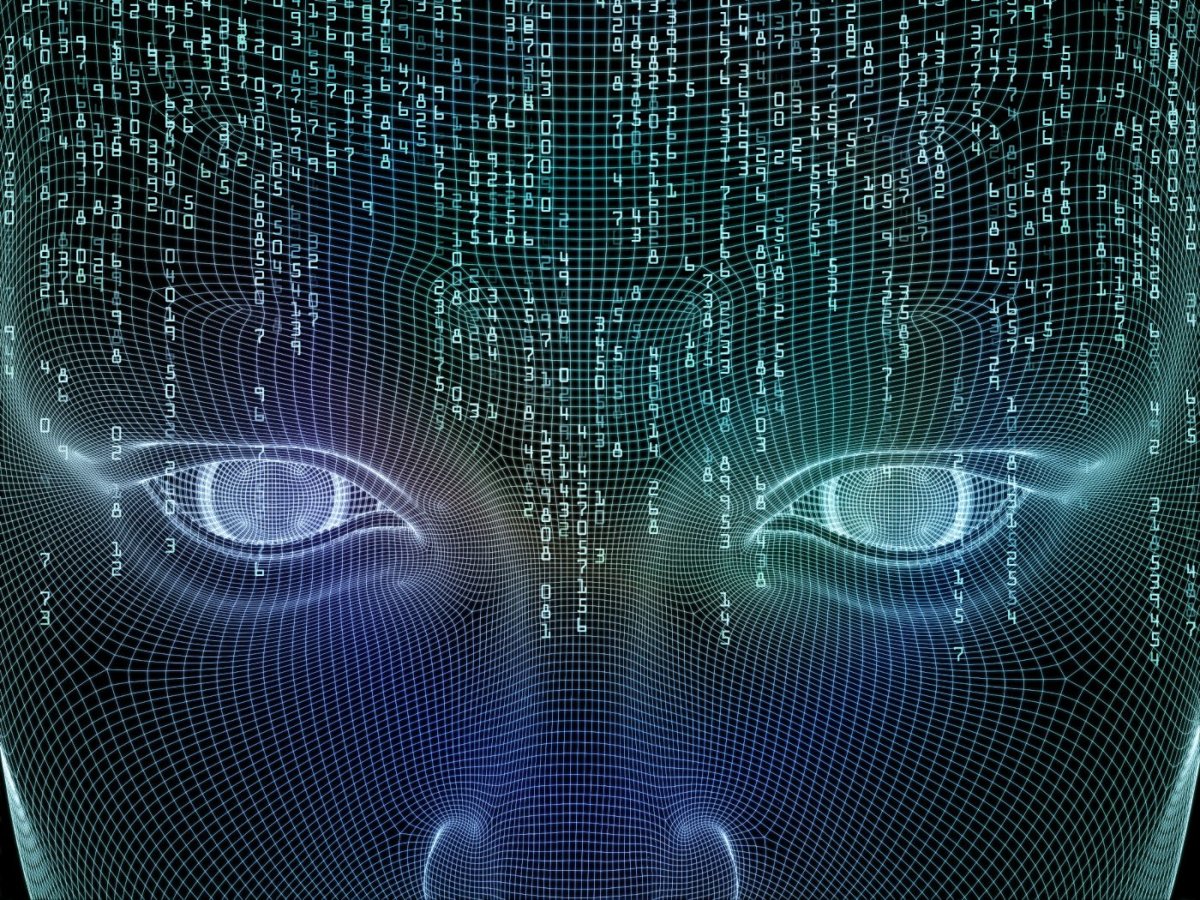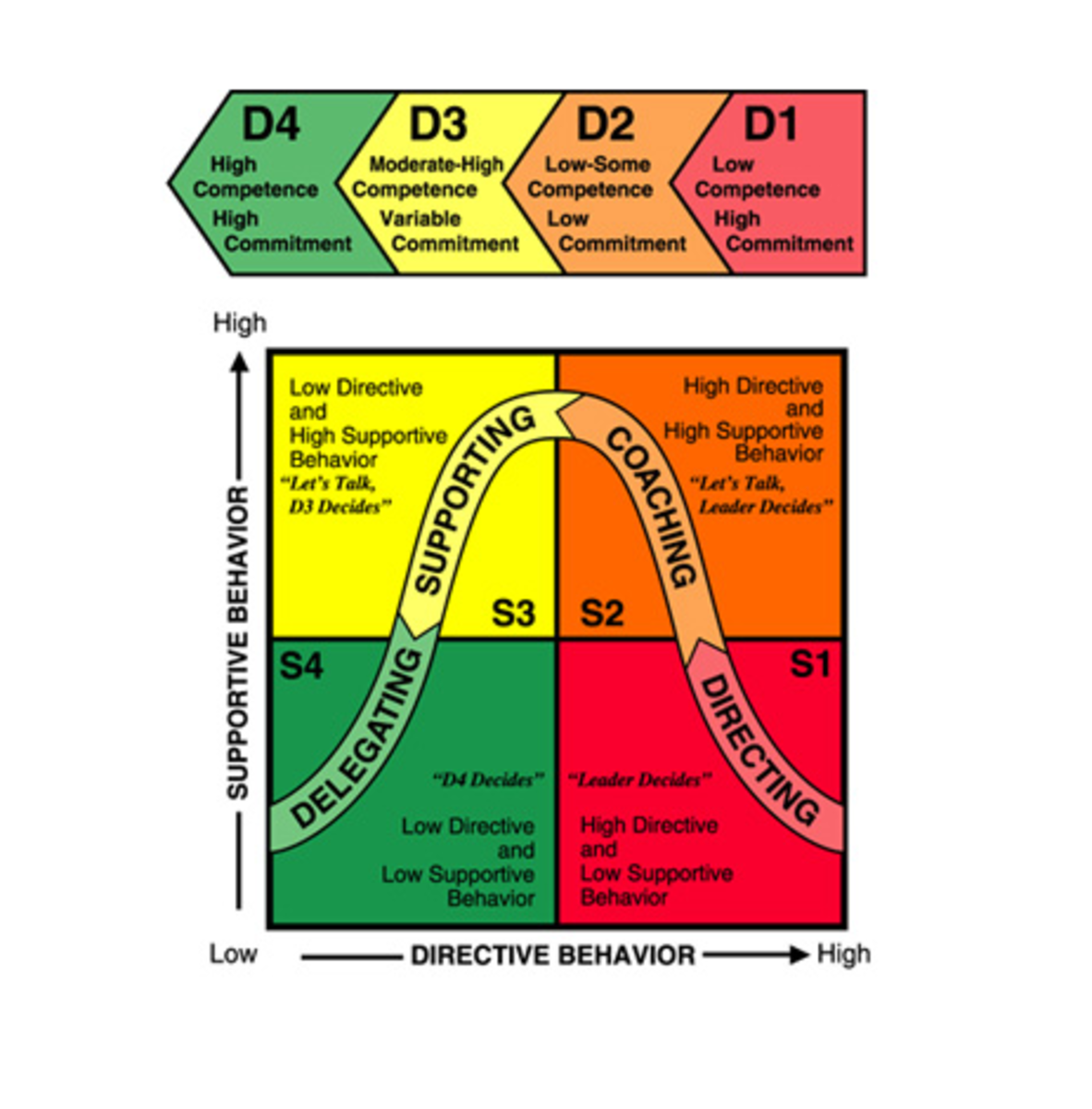Management Facing the Technological Challenge

To watch the crisis of management opposite is the watchword of Marcel Lucien Goldschmid, psychologist and president of the Management Forum Montreux, whose third edition will be held this Thursday, September 26th at the Royal Plaza.
On the agenda, several conferences and workshops on the integration of new technologies within organizations and the redefinition of the management mission, already largely defeated by the organizer: "We are witnessing a challenge to management in general. Responding to the aging of the population, attracting and retaining talent - even though, according to a study by Gallup, 80% of employees leaving a company to invoke a disagreement with their manager - these are just some of the challenges that come with technological change organizations. "
New corporate culture
The FMM, whose stated objective is to "contribute to the improvement of management", will try to provide answers on sectors particularly impacted by disruption, especially health, to define the management models of tomorrow.
At the heart of the debate, a panel of experts in the fields of digitalization and artificial intelligence will discuss the expected profound changes in employment and management within organizations. Among the speakers, Raphaël Rollier, Head of Innovation and Management at the Federal Office of Topography, for whom a key issue is to inject a new corporate culture.
He will discuss two cases of Swiss SMEs whose digitalization of the product has profoundly modified the activity. "The installation of sensors and data reporting completely changes the way of working and managing. Suddenly, new software expertise is sought, revenue sources change and with the metrics and goals set for employees. Engineers can no longer be content to develop products in their corner, we adopt a perspective based on the feedback and needs of end customers. Design thinking should be even stronger. "
For the management, it will then be necessary to determine how to engage the organization towards greater adaptability, according to Raphaël Rollier: "The human brake in general, and perhaps even more so in Swiss culture, is not to dare. Wanting to make a perfect entry is often no longer the right approach. You have to dare to release a product in six months instead of two years, even if it is not perfect, even if you have to adjust it according to customer feedback. "
Managers threatened?
Fears about the use and fantasy of the disappearance of work following the rise of artificial intelligence will be the subject of lively exchanges. Laura Tocmacov, managing director of Impact IA and Jérôme Berthier, an expert in artificial intelligence and vice president of the Empowerment Foundation, will compare experience and vision.
From a long-term perspective, Laura Tocmacov notes that "some experts believe that technically we are already able to automate 70 to 80% of employee tasks" while considering that "some manual trades as a plumber remain relatively protected against the risk of disruption. "Jerome Berthier will defend a more measured approach, saying that" in the next five to ten years, the applications will remain very focused on what we are currently experiencing, namely chatbots or the predictive maintenance, which do not replace the worker but assist him. "
The debate on the manager's place will be all the more lively, as he is perhaps prepared by Jerome Berthier to face the consequences of artificial intelligence more directly: "There is no more funnel. Certainly the high profiles with a high level of expertise may appear better protected, but the manual and craft positions, hairdresser for example, also. It is the skills of the environment, especially managerial ones, that are perhaps the most threatened. Accounting and reporting will be done quickly and profitably by artificial intelligence. "
Empowerment: rethinking human added value
However, for Jerome Berthier, the main issue is less the replacement of the human being than the redefinition of human added value in the context of the growing interaction between man and machine: "At first, the artificial intelligence should not destroy the job. I spoke with call center managers, they can no longer cope with the mass of calls, office workers are no longer able to handle the dozens of daily emails. Artificial intelligence will be a welcome helper. On the other hand, this requires a flattening of skills. In particular, HR who will no longer be able to enter will be able to focus on the human added value of their function. "
However, it will not be the only way to encourage employee support and commitment, according to Laura Tocmacov: "There are significant fears that are emerging. A huge question is: how to convince an employee to "train" artificial intelligence to replace him on certain tasks? Or to work with an AI who is watching you. Managing human-machine interaction is a central issue in tomorrow's management.








